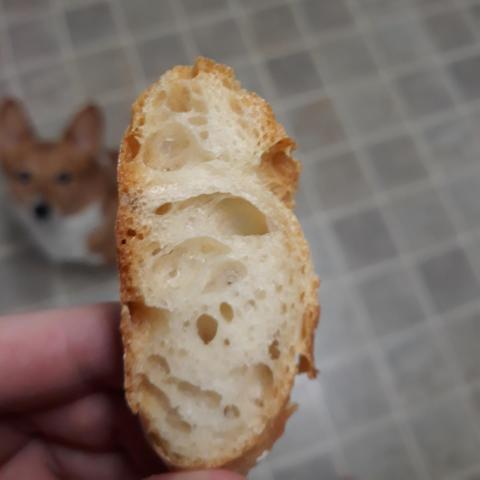
Creating New Formulas - Rules of Thumb
Hi All:
I was going to track back through and calculate ratios from some of my favorite formulas to try and establish some rules of thumb for creating new formulas...but figured many of you have probably already done so, so I figured I’d ask you to share!
For instance, if I want to add some oats, flax, barley, millet, and dates to a recipe - how much do I reduce the flour? Or do I just add more water.
Any advice or tips are appreciated!
Thanks folks.










